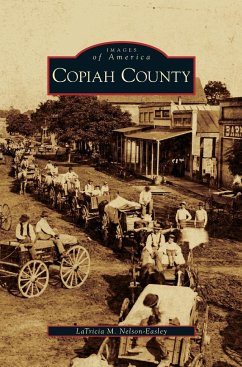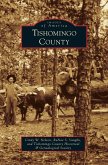Named after a Native American word meaning "calling panther," Copiah County was organized after an agreement was reached with the Choctaw Indians in the Treaty of Doak's Stand in 1820. Located 20 miles from the state capital of Jackson, the county was organized in January 1823 and quickly became an agricultural and manufacturing namesake. Once known as the "Tomato Capital of the World," the county was the location of the largest Chautauqua assemblies in the South and the site of the founding of the Mississippi Parent Teacher Association. The extinct town of Brown's Wells once produced spring water that "healed" the rich and famous. Notable citizens from Copiah County include bluesman Robert Johnson; Maj. R. W. Millsaps, for whom Millsaps College was named; Burnita Shelton Matthews, the first female federal district court judge; Pat Harrison, a former representative and senator; Albert Gallatin Brown, a former governor; and Fannye Cook, an author and the first director of the Mississippi Museum of Natural Science.
Hinweis: Dieser Artikel kann nur an eine deutsche Lieferadresse ausgeliefert werden.
Hinweis: Dieser Artikel kann nur an eine deutsche Lieferadresse ausgeliefert werden.








